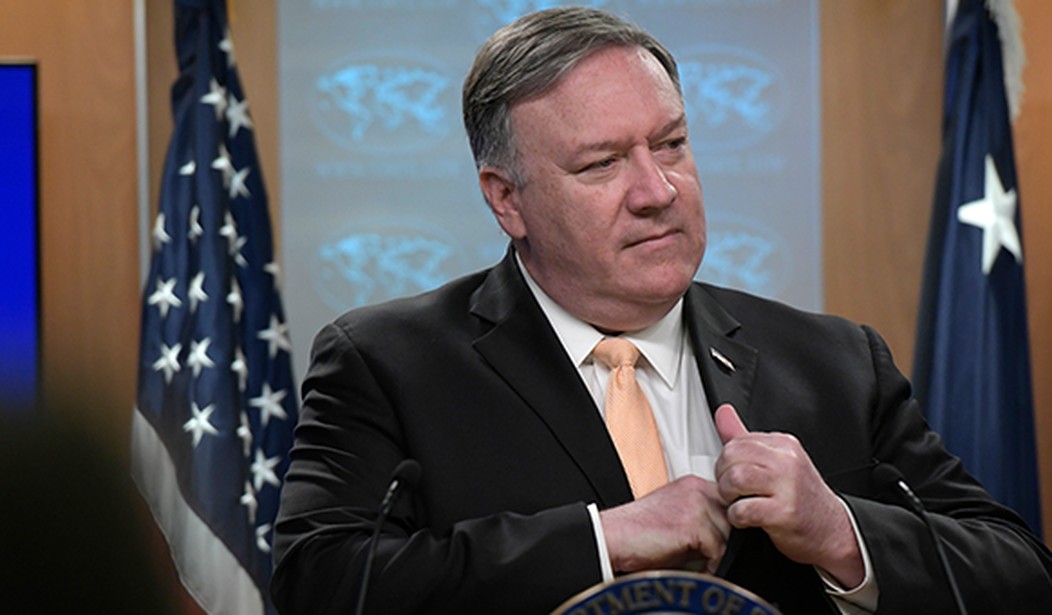During a recent interview with HBO Max, Secretary of State Antony Blinken was asked if the United States plans to hold China accountable for the Wuhan coronavirus pandemic, especially if the disease was engineered in a lab.
"We have to get to the bottom of what happened. There's accountability, but from my perspective the most important thing, and the most important reason we have to get to the bottom of this, is that's the only way we're going to be able to prevent the next pandemic, or at least do a better job in mitigating it. What the government didn't do in the early days and still hasn't done is given us the transparency we need, the international community – access for inspectors and experts, the sharing of information in real time. That has to happen," Blinken said. "At the end of the day it's profoundly in China's interest to do this as well, because, look, it suffered too in the outbreak of this pandemic. It presumably has an interest as well, especially if it purports to be a responsible international actor, to do everything it can to provide all the information it has to make sure we can hopefully prevent this from happening again."
Secretary of State Blinken couldn't name any "real pressure" President Biden would apply on Communist China if they obstruct the investigation of the COVID-19 origins.
— House Republicans (@HouseGOP) June 7, 2021
Joe Biden will always kowtow to Communist China. pic.twitter.com/56jgv8zrvN
Recommended
Given that the Chinese Communist Party has repeatedly denied access to international inspectors, disappeared doctors and scrubbed evidence Wuhan coronavirus came from a lab, Blinken's answer is unsatisfactory and prompting calls for former Secretary of State Mike Pompeo, who has taken the opposite position on holding China accountable, to come back.
Can we have @mikepompeo back https://t.co/voiVtBZlR3
— Miranda Devine (@mirandadevine) June 7, 2021
In fact, Pompeo published an oped in the Washington Post Monday with a path forward on accountability.
China already knows it can go largely unpunished for its push into the South China Sea, for its outrages against the Uyghurs in Xinjiang, for throttling democracy in Hong Kong, for intellectual property theft that costs foreign states hundreds of billions of dollars annually. If the CCP similarly escapes consequences for playing the central role in a cataclysm that strikes innocents in homes across the world, it will grow ever bolder, seeing few lines it dare not cross.
Herein lies Biden’s diplomatic opportunity. Every nation suffers. Seldom does a president have such timber for building coalitions.
The CCP would surely retaliate harshly. It might disrupt supply chains and punish people and companies most likely to unravel the democratic alliance. Like China, we have vulnerabilities — including our own supply chains — some of which we should urgently address. Finding ways to deflect the blows from China’s response would be the most demanding part of Biden’s diplomatic challenge.
The CCP has benefited enormously from access to an orderly world. Having thrown that world into disorder through its misconduct, China could have tried to right matters by embracing full disclosure and an international investigation into what went wrong. Instead, when Biden announced his directive to the U.S. intelligence community, Beijing responded with scorn.
The leading democracies may choose to swallow their losses to avoid confrontation. Biden may resolve to be tougher next time. But history shows that next time is often too late.
























Join the conversation as a VIP Member